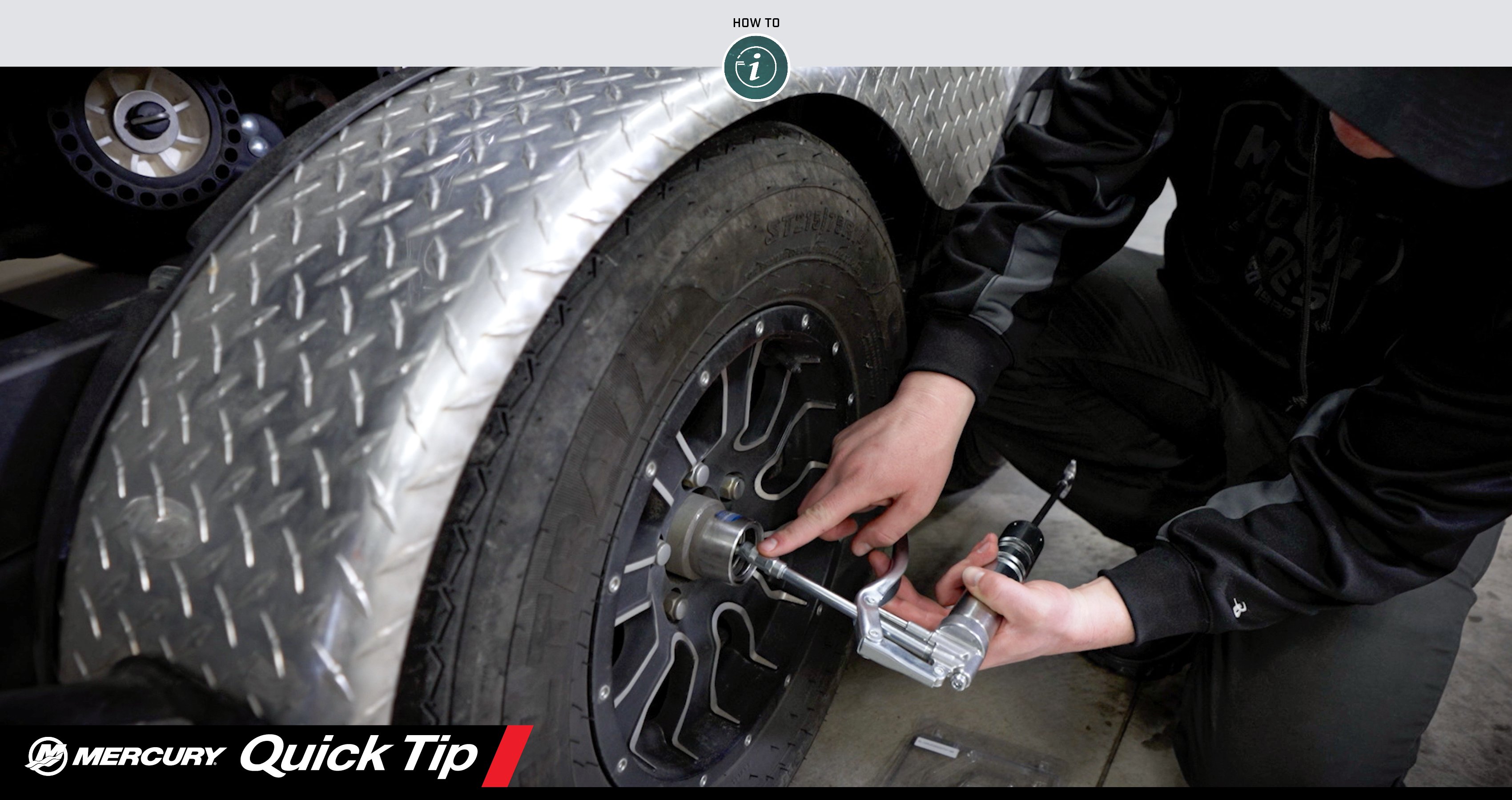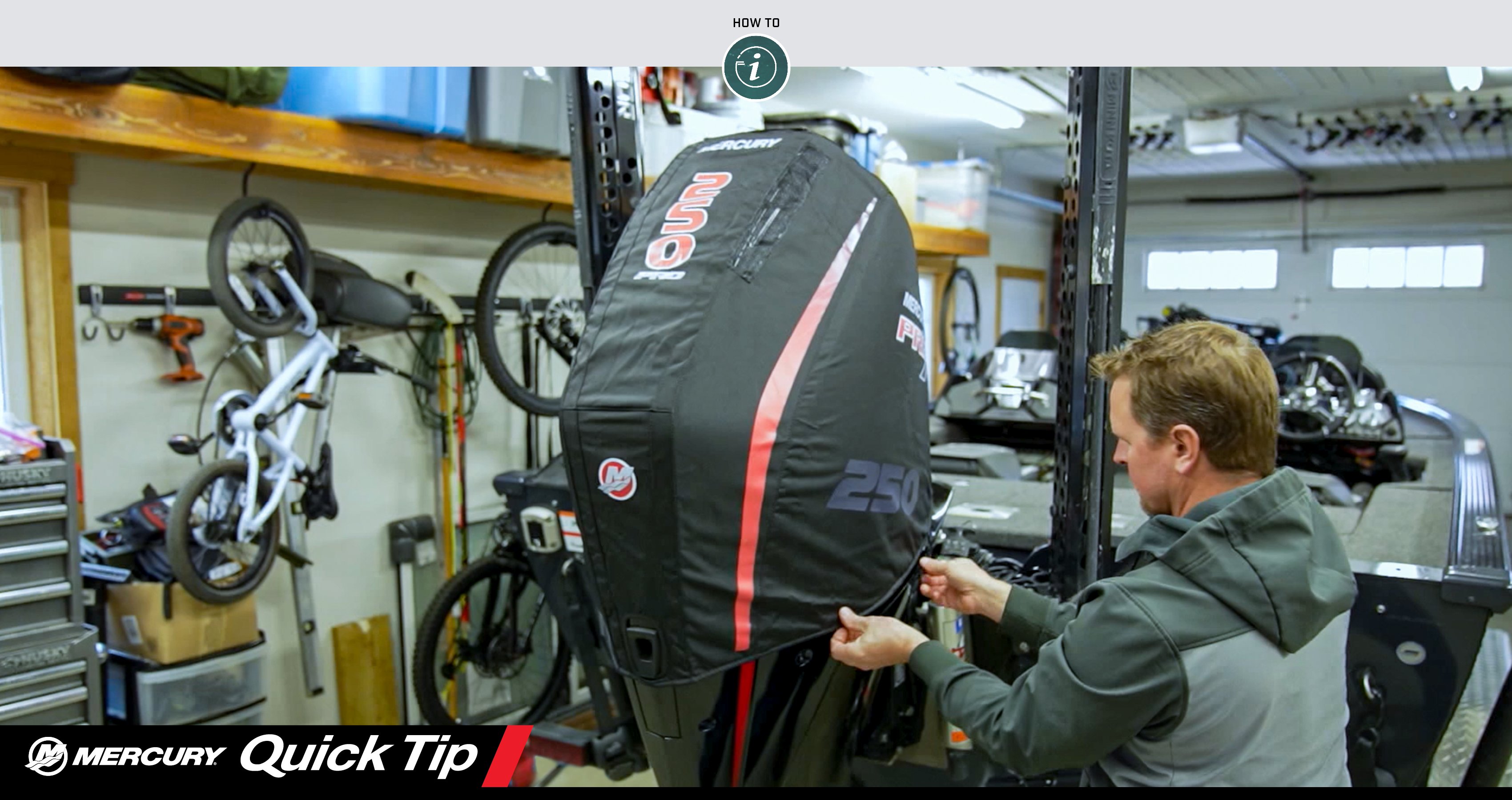Getting a backlash while using a baitcasting reel is part of fishing. It just happens, even to the best and most experienced casters. So, when you do get a backlash, what’s next?
According to Mercury Pro Team angler and 2019 Bassmaster Classic champ Ott DeFoe, the first thing to do is stop and stay calm.
“It’s going to be OK, and you’re going to get this out,” he said.
The Blaine, Tennessee, angler believes that most people attack a backlash too aggressively – probably in part due to frustration.
“Most people immediately engage the spool, put their thumb on the spool and start pulling on the line. That’s not the best way to get out a backlash,” said DeFoe. “That method often makes the line bind back up even worse.”
DeFoe knows from experience that there’s a better way and offered an advanced method that’s surprisingly effective with only three simple steps:
- Tighten the spool tension knob tighter than you ever would if you were going to cast.
- Depress the thumb bar and then slowly and steadily pull line off the reel. “The spool tension knob being tight will keep the line from getting locked up underneath itself,” DeFoe added. “A lot of times, this process is all you need, and you can pull all the tangles out.”
- Whenever you hit a point where the line locks up, apply thumb pressure to the spool in line with where the line is jammed. Then tighten the drag, engage the reel handle and slowly turn the handle two complete revolutions while maintaining thumb pressure. Now press the thumb bar and slowly pull the line off again like in Step 2. “Step 3 will sometimes need repeating, but usually the first or second time will do the trick,” said DeFoe.
You can see these steps in action at the video down below.
Finishing the Job
Make sure and get the backlash completely cleared. The line should look like when it was initially spooled, with no lines crossed underneath and no loops.
When reeling the line back onto the spool, keep tension on the line by reeling it through the thumb and index finger of your off hand. At some point, a kink may develop in the loose line. Slowly pull the line out at that spot to keep it from binding into a knot.
If you’re on the water going through DeFoe’s process, pull all the line out from end of the rod and let it fall in the water before reeling it back in. It’ll be less likely to tangle and form a knot.
Back to Casting
Once the line is back on the reel, loosen the spool tension knob back to where it was originally, and the process is complete. However, consider adjusting the knob to avoid future backlashes.
DeFoe offers a video on how to set up a baitcaster and utilize the spool tension knob on his YouTube channel here.
If small loops or kinks form down in the spool while fishing, make a long cast that clears the line out to the affected part of the spool. If that doesn’t remove the loop, tighten the tension knob and slowly pull the line until it clears. This’ll help prevent a more severe backlash.
Braided Line Considerations
DeFoe’s method works well for monofilament and fluorocarbon, but he doesn’t recommend the same strategy for braided line.
“With braid, a backlash isn’t usually as hard to get loose if you don’t pull too hard,” he said. “Always pull where the line goes under itself. Pull that loop gently, and you’ll clear a braided line backlash pretty easily.”
Final Thoughts
The slow-and-steady pulls are critical to avoid creating a hard kink or cinch in the line, which can create a weak spot.
“Let’s face it, fluorocarbon line isn’t cheap; you don’t want to be cutting it out and respooling,” DeFoe added. “With this method, you can clear the backlash and continue using that line.”
For more from Ott DeFoe, follow him on Instagram, Facebook, Twitter and YouTube.




